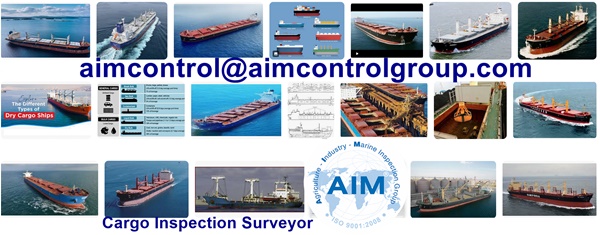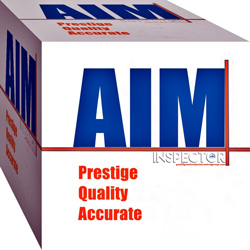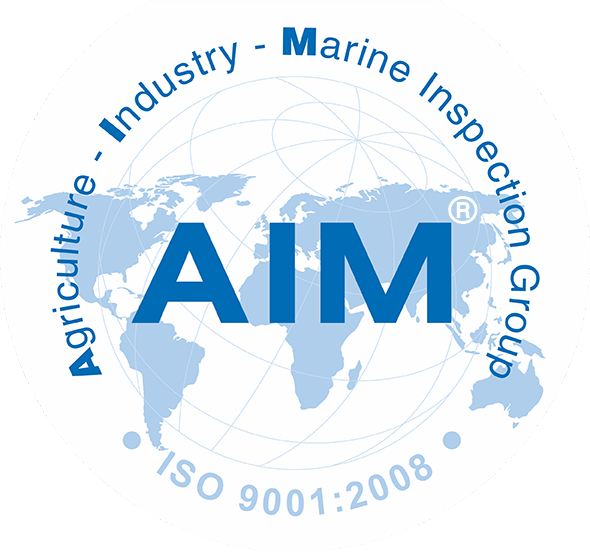- Marine and Cargo Survey / Offshore Inspection Services
- AGM certification
- A Ship surveying and inspection services
- PNI Correspondent and Surveyors of shipowners
- Marine warranty survey services
- Charterer surveyors
- Pre-loading survey / Loading inspection services
- Pre-purchase ship vessel inspection
- Tally clerk and cargo surveyors
- Marine Cargo Survey and Consultant
- Discharging Inspection Services
- Survey services for Insurance companies
- Safety supervision for shipping
- a New ship supervision at shipyard
- Ultrasonic Test services
- Vessel Condition Inspection Services
- Heavy lift control
- Marine services
- Heavy Lift Project Cargo Loading/ Unloading Supervision/ Survey
- Loading Masters
- Risk Analysis and Loss Prevention
- Ship collision inspection
- Ship Hull and Machinery Survey Surveyors
- Break / Bulk Cargoes Holds Condition Survey/Inspection
- Vehicle RoRo Ships Shipping Control Survey
- Sealing and Unsealing Services
- Loading and Discharging Supervision / inspection
- Tallying and Supervision Services
- Technical Inspection of Vessel and Equipments
- Pipes oil gas equipment inspection
- Cargo Visual Inspection services
- Towage approval survey
- Cargo Container Inspection Services
- Cargo Hatch Covers Test and Inspection
- Ship Hull Cleaning / Propeller Polishing
- Tank coating condition survey / coating condition inspection
- Bunker Survey Inspection
- Damage expertise surveyors
- Draft Surveys
- Damage Marine Cargo Surveyor
- Off-shore - Divers Services
- Container Inspection, QA/QC
- IMDG Cargo Inspection Certificate
- Dry Cargo Inspection Surveyor
- Tank inspection
- Quality Control Quantity Inspection Certification Services
- Load securing Inspection
- Hose Handling Inspection and Testing
- Vessels Barges Calibration
- Crane Test Inspection
- Classification/ Register of Vessel
- Marpol VI
- Cargo Line Testing
- Marine Ship Surveyors and Consultancy
- Port Capt.
- Damage Survey
- Claims Insurance Recoveries
- Marine cargo surveyor
- Cargo inspection services transportation at sea
- Expedite witness
- Agriculture Goods Control / Commodities Inspection Services
- Industry Inspection Services
- Others
Dry Cargo Inspection Surveyor
What is meant by dry cargo?
Dry cargo refers to goods that are not liquid or perishable and can be transported in standard shipping containers or other suitable packaging. It includes a wide range of products, such as consumer goods, machinery, equipment, textiles, and non-perishable food items.
A dry bulk commodity is a raw material that is shipped in large, unpackaged parcels like:
Grains and sugar are used for human and animal consumption providing food security for the world. ...
Mineral/Ores. are a naturally occurring solid, usually formed by inorganic processes. ...
Coals and products.
We help owners maximize cargo capacity, evaluate designs, minimize risk, improve stability and gain Polar notations, advices to cargo and ballast, to ensure these are carried out effectively
What is the difference between dry cargo and bulk cargo?
Solid bulk goods, also known as dry bulk or dry cargo, include grains, minerals (such as bauxite and copper), chemicals (such as resins and fertilizers), and other items (like salt and wood). These items are usually transported from their origin using conveyors, cranes, hoppers, or silos.
What do dry cargo ships include?
The first group is general purpose dry cargo ships carrying smaller quantities in packages, drums, and tank containers, and includes general purpose ships, container ships, and roll-on/roll-off (RoRo) passenger (and cargo) ships.
What is cargo surveying at the ship?
A cargo surveyor inspects cargoes of seagoing vessels to certify compliance with national and international regulations in cargo handling and stowage. The job responsibilities include the following: Inspect cargo on seagoing vessels to ascertain that pertinent cargo handling and safety for shipping.

At AIM Group, dry cargo inspections are an important monitoring tool between shipowners and charterers when loading and discharging cargo on bulk carriers to determine the responsibilities of each party.
At AIM Group, what is the role of a cargo quantity inspector to control dry cargo?
Our cargo quantity inspectors are a variety of jobs, from determining the actual cargo loaded on board or checking the condition of the cargo when loaded/discharged and other jobs to protect the interests of just one designated client, the
Cargo Owner
the consignee
the ship owner,
the insurance company or
any other relevant party in the industry.
Dry Cargo Inspection Surveyor
Dry Cargo Inspection Survey



_crop_Shipping_Dry_Cargo_Inspection_Survey.jpg)



